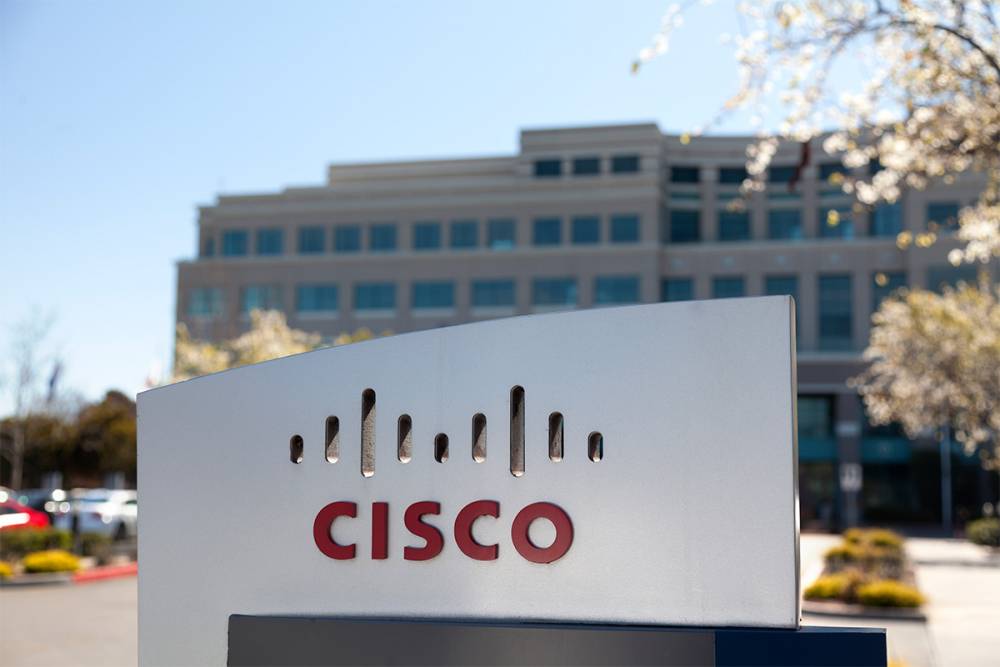
Cisco CCNA Fundamentals
Cisco CCNA FundamentalsCisco CCNA Fundamentals
The CCNA is an entry-level networking certification that can help you get a job as a network expert, network administrator, or network engineer in the IT industry.
What is the CCNA certification and what does it entail?
The Cisco Certified Network Associate (CCNA) is an entry-level information technology (IT) certification offered by Cisco, a networking hardware manufacturer. The CCNA is meant to verify your understanding of core networking principles that are frequently demanded in networking roles in IT.
Here's a quick rundown of important details:
- Only one exam, the 200-301 CCNA, is required to obtain the CCNA certification.
- As of June 2021, the CCNA exam costs $300 + tax.
- There are no requirements for taking the exam, although it is advised that you have some training and expertise with computer networks.
- As of June 2021, CCNA is a popular IT qualification, with over 6,000 job posts on Glassdoor and 12,000 on Indeed mentioning the certification in the United States.
What is the cost of the CCNA exam?
The cost of the CCNA exam is $300 including tax. You can also pay for the exam with Cisco Learning Credits. These are prepaid credits that a corporation may purchase so that their employees can use the credits however they choose on the Cisco platform.
Are you trying to save money? If you believe a CCNA certification will benefit your employer, talk to your boss about if the company will pay for the exam or exam training (or both).
What is the salary expectation?
CCNA certifications can help you get an entry-level networking job as well as a higher-level networking job. Here are some of the job titles that can request CCNA credentials, as well as the average salaries they earn in the United States. Salary information was gathered from Glassdoorand is current as of June 2021.
- $53,051 IT support expert
- $64,430 for a network specialist
- $69,243 for a network administrator
- $85,822 for a network engineer
- $116,165 for a senior network engineer
What will you find on the CCNA exam?
The CCNA 200-301 exam is 120 minutes long and is available in English and Japanese.
The following is a breakdown of the CCNA exam:
- Network fundamentals (20%): routers, switches, and access points; network topologies; physical interfaces and cabling types; IPv4 and IPv6 setup; IP parameters; wireless, virtualization, and switching principles
- Network access (20%): VLANs, interswitch connectivity, Layer 2 discovery methods, and EtherChannel configuration and verification; Operation of the Rapid Spanning Tree Protocol; AP modes, physical WLAN components, AP and WLC management access connections, and wireless LAN access are all covered by Cisco wireless architectures.
- IP connectivity (25%): Routing tables; router decision-making; setting and testing IPv4 and IPv6 static routing, as well as single-area OSPFv2; first-hop redundancy protocol
- IP services (10%): NAT and NTP configuration and verification; DHCP, DNS, SNMP, and syslog features; per-hop behavior describing TFTP/FTP; utilizing SSH
- Security fundamentals (15%): Threats and mitigation, physical access control, password policies, access control lists, Layer 2 security features, and wireless security protocols are all covered.
- Programmability and automation (10%): comparing traditional networks to controller-based networks, automation principles, and parsing JSON data
What is the CCNA certification and how can I earn it?
To get CCNA certified, you must pass Cisco's 200-301 CCNA test. There are no test prerequisites, although according to Cisco, CCNA candidates should have the following experience before taking the exam:
- One year of experience using and deploying Cisco products and solutions is required.
- Basic understanding of IP addressing
- Understanding of network fundamentals

